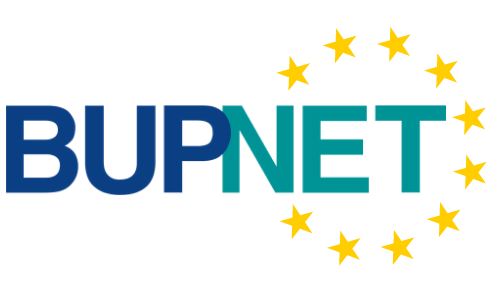The Erasmus+ project SAFE (Seniors Anti-Fake Education) will try to answer this question. The project aims to improve the skills of seniors (65+) to recognise fake news more easily.
The project partners carried out a state of the art analysis, including a review of existing resources and literature, and conducted focus groups with seniors and mentors separately. The analysis showed that the target group is not fully able to distinguish true from false information in the online world. The most common problems are in critically evaluating the information received and ensuring the credibility of the online source from which the information and news is obtained.
These findings are also confirmed by Loos, E., & Nijenhuis, J. (2020), who found statistically significant generational differences in the recognition of fake news. The research also showed and confirmed that the older population (65+) is generally more vulnerable when it comes to recognising fake news and more likely to fall victim to online fraud.
The SAFE project therefore systematically targets the older population. As part of the project activities, the partner consortium will address the challenge of enhancing critical thinking skills to enable easier and safer navigation through potential pitfalls encountered in various online resources, including social networks.

